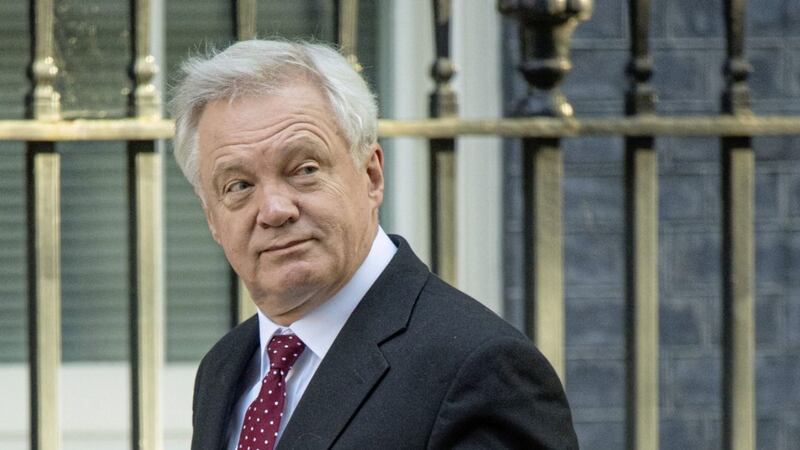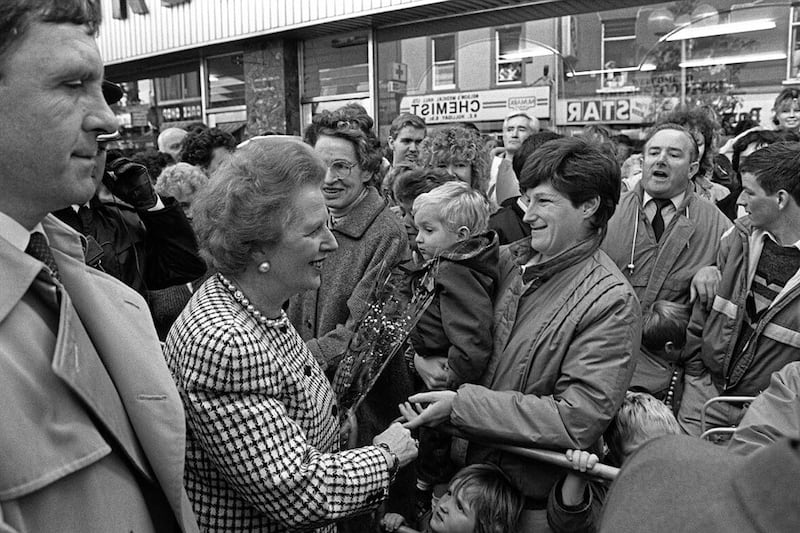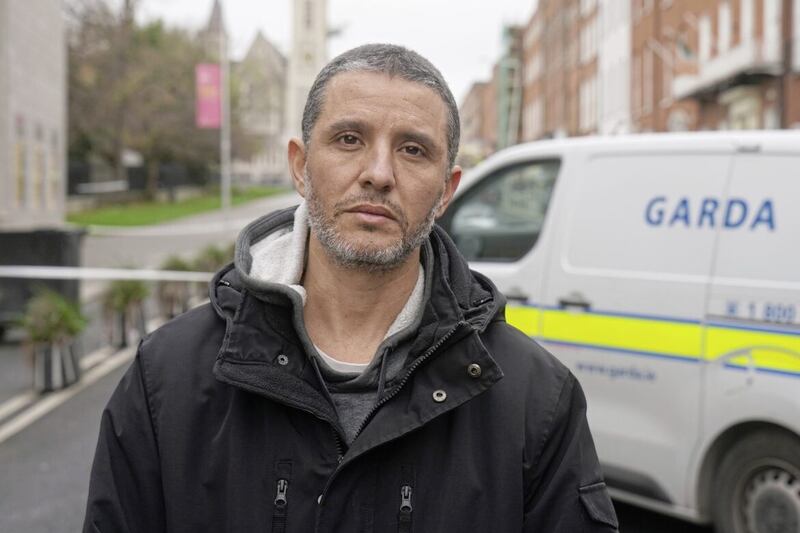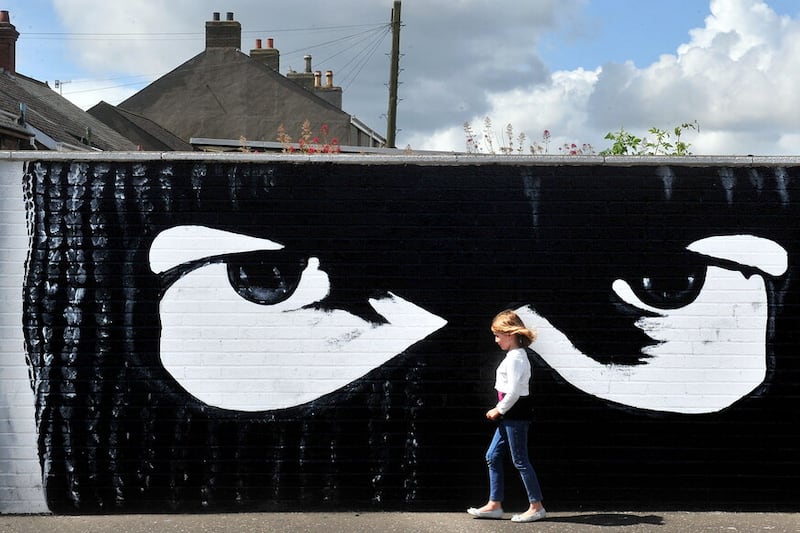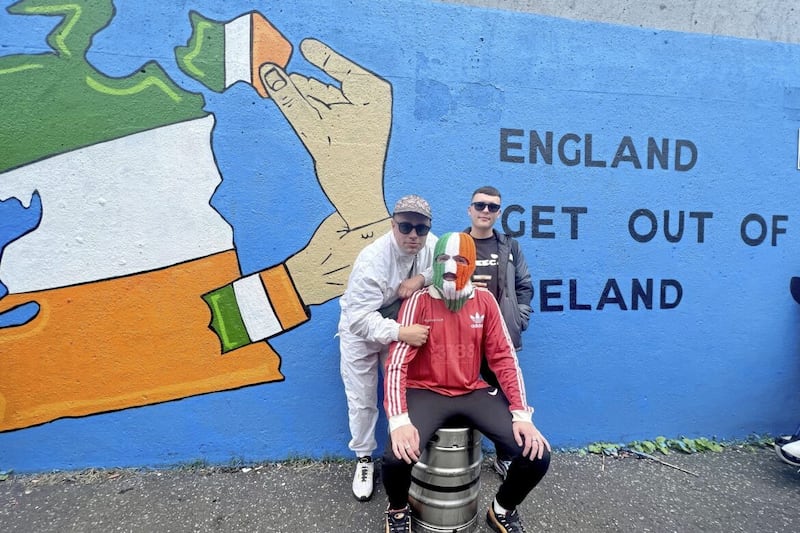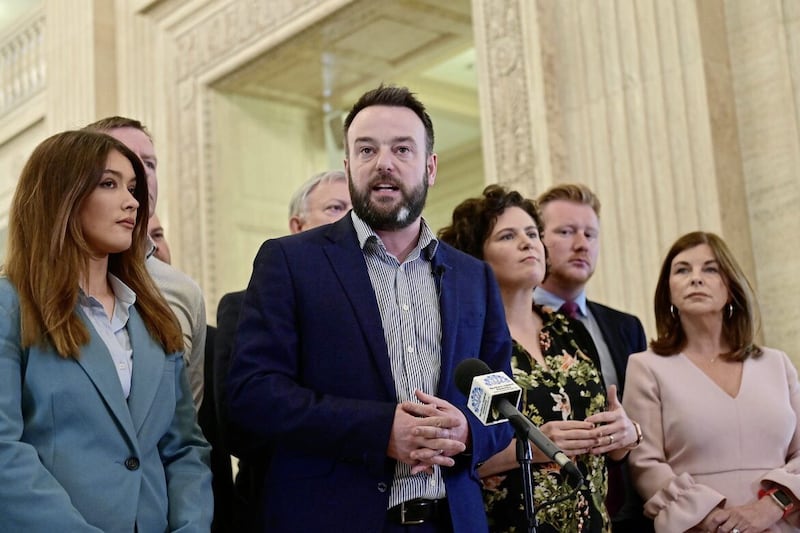A few weeks ago, in a discussion with some unionist friends, I surprised some by saying that Brexit had changed things so much for me that if there was a border poll in the morning I would vote for a united Ireland.
Their disappointment was palpable. One was quite angry.
He felt the Good Friday Agreement had contented ‘middle of the road’ Catholic/nationalists like me.
He was by and large right. Most were content because the Good Friday Agreement was based on principles of equality and parity of esteem but we also recognised it as an evolving process - not a destination. Unionists, if they supported the Belfast Agreement at all, regarded it as a settlement.
It never was a settlement.
The aspiration for an united Ireland by consent was writ large into it but it was forgotten about in the overall atmosphere of goodwill.
That was twenty years ago, and no one foresaw anything as seismic as Brexit.
Brexit came along as a wrecking ball. The careful equilibrium built up over the years between Britain and Ireland and unionists and nationalists was shattered in one blow.
Brexit Tories delivered what the IRA couldn’t do in in a 40-year war by gifting electoral supremacy to Sinn Féin.
It was made more intolerable by the fact that a majority in Northern Ireland rejected Brexit.
The DUP leadership clung to the Brexit cause with all the enthusiasm of the tricoteuses who sat by the guillotine during the French revolution.
They mocked the majority remain voters. Brexit made unionists feel more British and ergo was good. It strengthened sovereignty and in the minds of the closed that meant the invisible border between the north and south would become real again. It’s an ostrich approach to the future.
The DUP/Tory deal cemented for some unionists Northern Ireland’s position within the UK.
The Tory party bear much of the responsibility for the current political malaise. The former secretary of state Theresa Villiers made no secret of her shared sentiments with the DUP when she was in office. The embattled prime minister, to borrow from the Arlene Foster phrase book of political incorrectness, would have been happy to do a deal with a tank full of crocodiles if it kept her in Number 10. The DUP were happy to provide those crocodiles if it kept John McDonnell out of Number 11.
The DUP resistance to allowing a post Brexit settlement which could favour Northern Ireland’s farmers, small businesses and border communities is possibly the most short-sighted and politically naive act since Chamberlain thought he could appease Hitler. The unionist paranoia that anything - even if that anything was economically positive - which treats Northern Ireland differently to the rest of the UK is unfounded and economically illiterate. Northern Ireland is different to the rest of the UK and if unionists don’t recognise that then the British Treasury does.
Northern Ireland is the never-ending bailout.
Time and demographics are against unionism. Thus, a new paranoia has emerged - the fear that the majoritarianism that they have practised, abused and believed in for the past 90-odd years could now return to haunt them. Until Brexit, unionism relied on the fact that a majority of Catholics/nationalists would actually vote to remain within the UK for economic reasons.
They were correct in that assumption but Brexit challenges and changes things. There’s clear evidence that many younger unionists, like young people across the UK, also find it difficult to find their place in a post Brexit Britain. Political unionism in Northern Ireland doesn’t understand that because it is outside of their tribal grasp.
Unlike Sinn Féin I don’t believe a united Ireland is around the corner, but Brexit does present a glimpse of a new Ireland emerging. Sinn Féin as presently constituted won’t determine that new Ireland because people need political parties which can carry their political and economic aspirations.
However, what Sinn Féin has read correctly is the political mood music amongst millennial society. Unionism on the other hand is chugging along like a steam train on a single gauge line.
Across the board there is a serious lack of political leadership and everything in both the governments in London and Dublin is based on short term political opportunism.
It’s little wonder that EU negotiators can’t fathom British thinking in the Brexit talks.
Brexit has utterly changed everything and any optimism is seriously misguided as Bungle, Zippy and George aka Davis, Johnson and Fox, chase their tails around the world.

